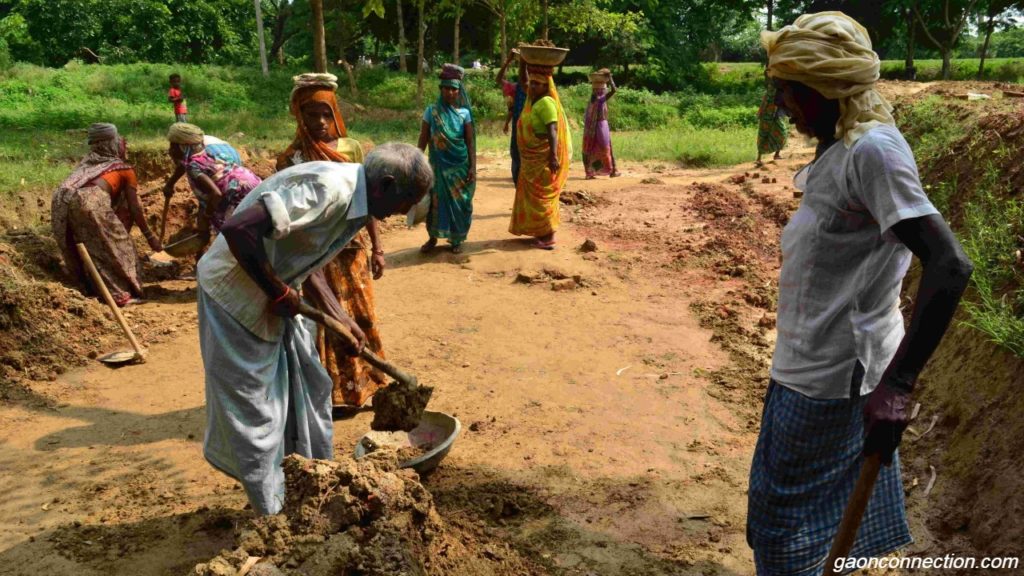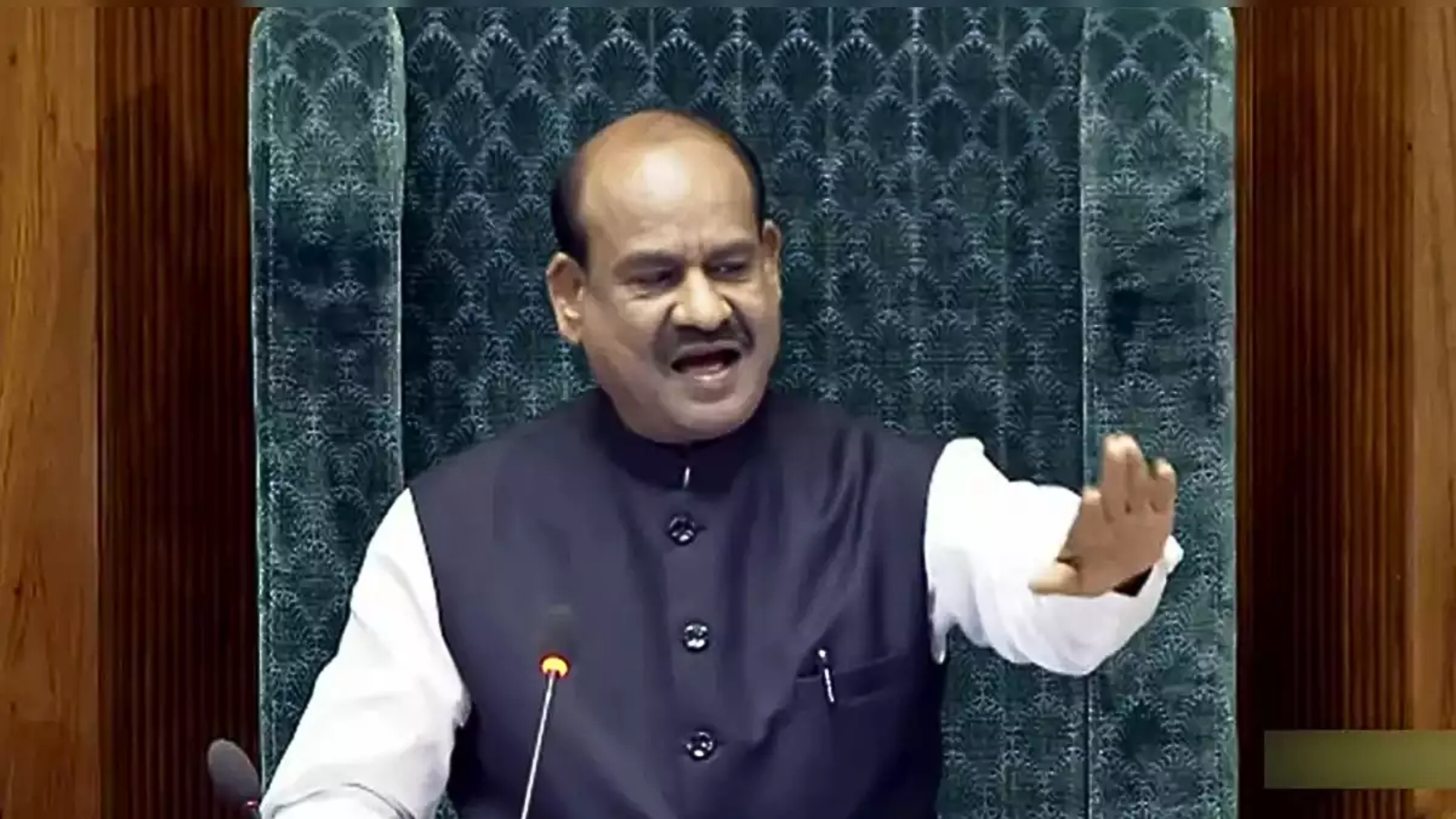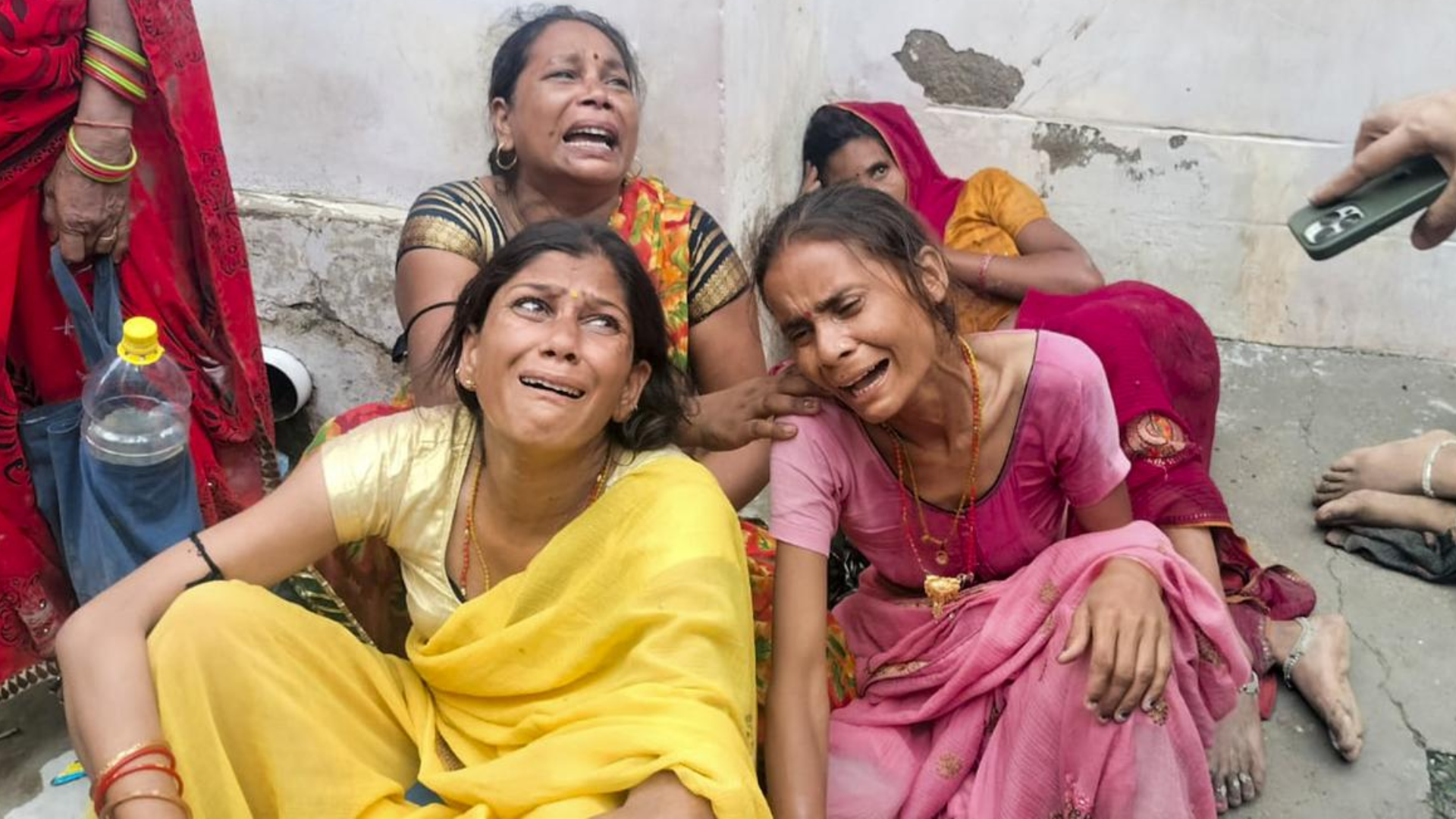MGNREGA runs out of funds

Midway through FY 2021-22, the flagship rural job scheme, MGNREGA has run out of funds, with supplementary grants able to be provided only once ratified by Parliament, which would not happen till the winter session begins. Therefore, for a month already stressed states (because of the pandemic) would have to dip into their funds if they want to pay to keep the scheme—the lifeline for a vast proportion of the rural populace—running.
Mahatma Gandhi National Rural Employment Guarantee Act (MGNREGA) Scheme, the Union government’s flagship rural employment scheme has run out of funds halfway through the financial year (2021-22), according to the scheme’s own financial statement, which shows a negative net balance of Rs 8,686 crore.
Supplementary budgetary allocations will not come to the rescue till at least the time the next parliamentary session, the winter session, begins, which is most likely to be from November 29.
Therefore, for at least another month, there will not be any fund allocation for MGNREGA Scheme, which means that payments for workers as well as material costs will be delayed, unless states dip into their funds.
Activists say the Centre is condemning workers to “forced labour” by delaying wage payments at a time of economic distress.
But the Union government, rather cruelly, is now accusing many states of “artificially creating demand” for work on the ground. This, when the scheme, which guarantees 100 days of unskilled work to any rural household that wants it, has been a life-saver for tens of thousands of migrant workers from the time the pandemic began, in March 2020, as they started returning to their homes after losing their jobs and in fear of catching COVID-19 in cities if they stayed back.
During last year’s lockdown, the scheme was ultimately given its highest-ever budget of Rs 1.11 lakh crore, which provided a critical lifeline for a record 11 crore workers. The job situation is far from easing and therefore, the scheme remains critically important for a huge populace of the country.
However, when the budget was announced for the current financial year last February, the scheme was allocated just Rs 73,000 crore, the government’s arguments being the nationwide lockdown is over (this was before the much worse second wave, at a time an over-confident Prime Minister Modi had pompously declared that India had shown the world how to deal with the pandemic) and funds, if needed, would be infused through supplementary grants.
As on October 29, the total expenditure including payments due had already reached Rs 79,810 crore. Already, 21 States show a negative net balance, with Andhra Pradesh, Tamil Nadu and Bengal faring the worst, meaning that they are the best-performing of the 21 states which have utilised over 100 per cent of their allocated funds for FY 22.
Nikhil Dey, a founder of the Mazdoor Kisan Shakti Sangathan, told The Hindu that a 2016 Supreme Court judgment had clearly said that keeping wage payments under MGNREGA pending is “a clear constitutional breach committed by the State” and “a modern form of begar”.
Therefore, the judgment implies, said Dey, that now “the Government of India is, on the face of it, pushing crores of people into forced labour”.
A Union government official, however, blamed state governments for the current situation, saying that “states are asking their field authorities to artificially create demand”.
But MGNREGA data shows, said Vijay Ram, a researcher with People’s Action for Employment Guarantee, that 13 per cent of households who demanded work were not provided work. “Even these figures are underestimates, as … [m]any workers are simply turned away by officials … without their demand being registered at all.”







